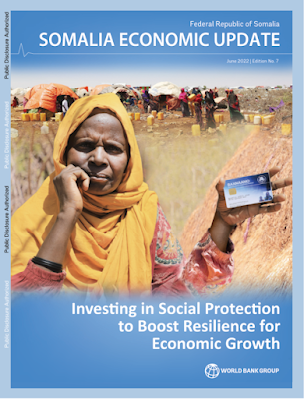governance, which has led to several factors that influence its unregulated nature:
1. Statelessness: Since the civil war in the early 1990s, Somalia has experienced prolonged periods of statelessness, leading to a weakened government that struggles to enforce laws and regulations.
2. Informal Ec3onomy: A significant portion of the economy operates informally. Without a strong regulatory framework, businesses often operate outside of government oversight.
3. Clan-Based Structures: Somali society is heavily influenced by clan dynamics, which often provide social and economic support systems independent of the state. This can lead to a reliance on local governance rather than central authority.
4 Remittances: A large part of the Somali economy is supported by remittances from the diaspora, which are not regulated by the government, contributing to a self-sustaining economy.
5 . Market Forces: The absence of regulation allows market forces to dictate prices and availability of goods and services, leading to a more laissez-faire economic environment.
6. Local Governance: In areas where local administrations have emerged, they often focus on providing services without a strong central government structure, leading to varied economic practices across regions.
These factors collectively contribute to an economy that operates largely outside of government control, fostering resilience but also creating challenges in governance and services.





0 Comments